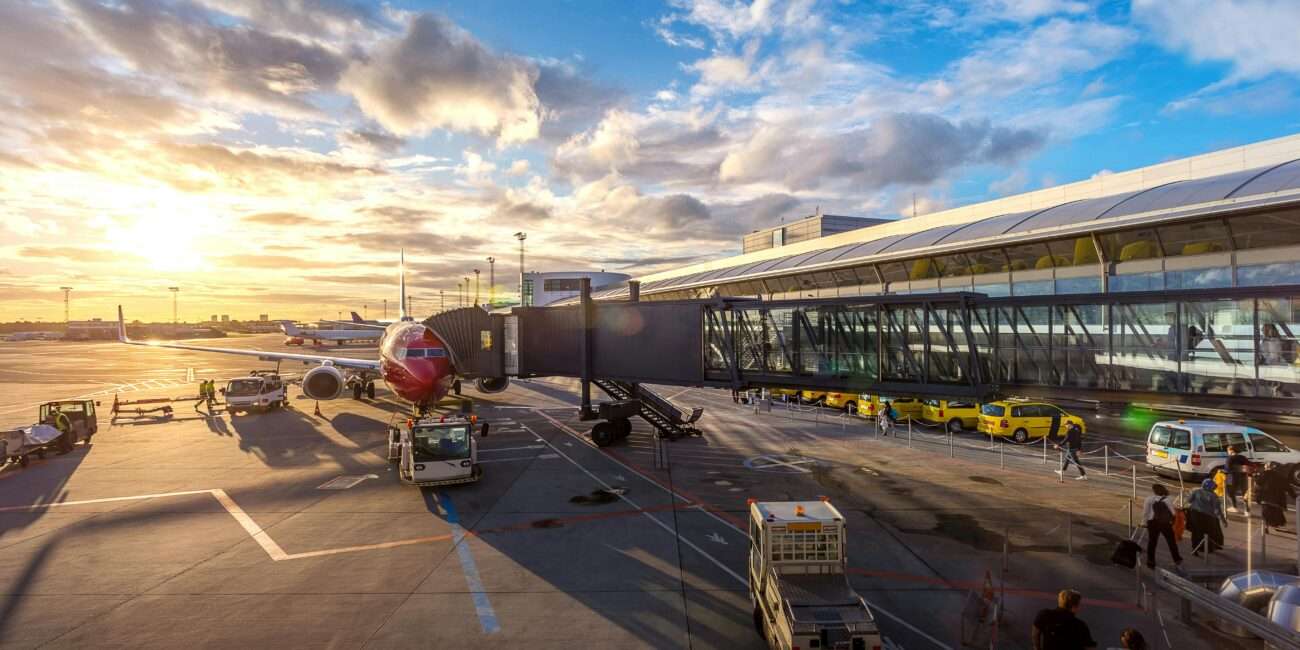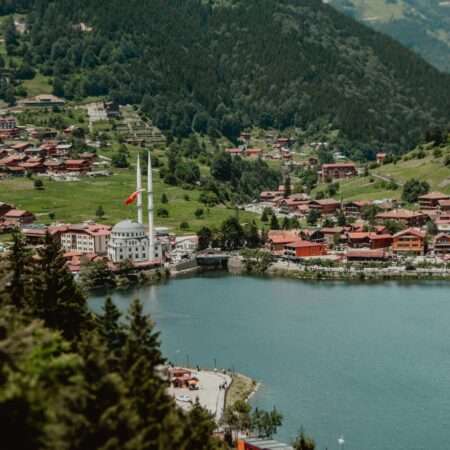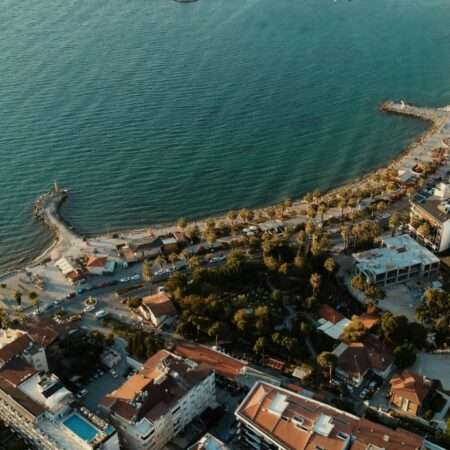Thinking about visiting Türkiye in 2025 but unsure about safety? You’re not alone. While Türkiye remains one of the most visited countries in the world, many travelers have questions about political stability, natural disasters, and petty crime. In this updated guide, we’ll break down the current travel advisories, share safety tips for tourists, and help you understand what to expect — so you can explore Türkiye with confidence and peace of mind.
In this ultimate guide, we break down everything you need to know about safety in Turkey as a traveler: from political climate and terrorism alerts to pickpocketing hotspots, travel scams, public health, LGBTQ+ rights, and what solo female travelers should expect. All data is updated and tailored to 2025.
1. General Safety Overview
Turkey is generally safe for tourists in 2025. Most of the country, especially tourist-heavy areas such as Istanbul, Antalya, Cappadocia, Izmir, and Fethiye, experience low rates of violent crime and maintain a strong security presence.
According to the Global Peace Index 2025, Turkey has improved 4 positions from 2024, ranking higher in the “Safety & Security” and “Militarization” categories.
2. Political Stability and Government Travel Warnings
Is Turkey politically stable in 2025?
Yes. Despite its location near the Middle East, Turkey remains politically stable, especially in western and coastal provinces. While demonstrations and protests may occur, they are usually localized and non-violent.
What do foreign governments say?
- U.S. State Department: Level 2 – “Exercise increased caution.”
- UK Foreign Office: No restrictions for touristic zones.
- Canada & Australia: Suggest staying informed but no active travel ban.
📍Travel Tip: Avoid border areas near Syria and Iraq, and do not photograph military or police installations.
3. Crime Levels and Tourist Scams
Common Crimes Against Tourists
- Pickpocketing (especially in Istanbul, markets, and transport)
- Overcharging (at bazaars, taxis without meters)
- “Let’s grab a drink” scam (avoid following strangers to unknown venues)
Turkey has low violent crime rates, but petty theft exists like anywhere.
How to Stay Safe
- Use Uber or verified taxi apps
- Don’t flash valuables
- Pay in Turkish Lira and count your change
- Avoid deserted alleys at night in major cities
4. Terrorism Risk in 2025
While Turkey had isolated incidents in past decades, there have been no major tourist-targeted terrorist attacks since 2017.
As of 2025:
- All major airports and tourist sites have enhanced security checks
- Local intelligence collaborates with global agencies (Interpol, Europol)
- Tourist districts in Istanbul, Cappadocia, and Antalya are closely monitored
🟢 Current terrorism threat level: Low to Moderate (same as France, Italy)
5. Earthquakes and Natural Disasters
Earthquake Zones in Turkey
Turkey lies on several fault lines, and small tremors are common. However:
- Istanbul and Eastern Turkey are more prone to seismic activity
- Hotels and public buildings are now built under strict post-1999 earthquake codes
Travelers are advised to:
- Know emergency numbers (Dial 112 in Turkey)
- Stay calm and follow staff instructions if tremors occur
6. Health and Vaccination Requirements
COVID-19 (2025 Update)
- No PCR tests or vaccine requirements for entry as of Jan 1, 2025
- Masks only required in hospitals
Required Vaccinations
- None mandatory
- Recommended: Hepatitis A, Typhoid, Tetanus
📍 Drink bottled water, avoid uncooked street food in rural areas, and carry travel health insurance.
7. Safety for Solo Female Travelers
Turkey is a relatively safe destination for solo women, especially in the Aegean and Mediterranean regions. However, in some conservative eastern regions, women may encounter:
- Unwanted attention
- Stares or comments (usually non-aggressive)
- Overprotective behavior from locals
Tips:
- Dress modestly in rural or conservative areas
- Avoid empty streets at night
- Trust your instincts—Turkish people are generally kind and protective toward tourists
8. LGBTQ+ Safety in Turkey
Same-sex relationships are legal in Turkey, but not widely accepted socially.
- Major cities like Istanbul, Izmir, Bodrum are more tolerant
- Public displays of affection may attract attention outside urban areas
- LGBTQ+ travelers are rarely targeted but should avoid nightlife scenes in ultra-conservative districts
🏳️🌈 No legal protections for LGBTQ+ discrimination exist in Turkey as of 2025.
9. Public Transport and Road Safety
Public Transport
- Istanbul Metro & Trams: Safe, cheap, reliable
- Dolmuş (shared minibus): Local but can be chaotic for tourists
- Long-distance buses: Modern, air-conditioned, with Wi-Fi
Road Safety
- Roads are mostly modern in the west, less so in eastern Turkey
- Local driving habits may be aggressive
- Always wear seatbelts and avoid self-driving at night in remote areas
10. Local Laws and Cultural Norms
- Carry a physical passport or a copy at all times
- Do not insult Atatürk or the Turkish flag (criminal offense)
- Avoid public intoxication
- Respect mosque rules: remove shoes, modest dress, no loud talk
- No drones without government permit
Understanding and respecting Turkish customs will enrich your experience and prevent misunderstandings.
11. Travel Insurance: Do You Need It?
Absolutely yes.
Even though healthcare in major cities is modern and accessible, travel insurance is strongly recommended. Look for policies that cover:
- Medical emergencies
- Trip cancellations
- Political evacuation
- Theft & lost belongings
💡 Tip: World Nomads, SafetyWing, and Allianz offer reliable Turkey coverage.
12. Safest and Riskiest Cities in Turkey (2025)
🔒 Safest Cities
- Antalya
- Fethiye
- Cappadocia (Göreme/Uçhisar)
- Izmir
- Bursa
⚠️ Use Caution In
- Istanbul (only in crowded areas for petty theft)
- Diyarbakır (border zone)
- Şırnak / Hakkari (military zones, near conflict areas)
13. Frequently Asked Questions
Q: Is Turkey safe for Americans or Europeans?
A: Yes. Millions of European and U.S. citizens travel safely every year.
Q: Can I drink tap water in Turkey?
A: Technically yes in big cities, but bottled water is safer.
Q: Are women required to wear headscarves?
A: No, except when entering mosques.
Q: Can I use credit cards safely?
A: Yes, but carry some cash for small vendors or remote areas.
14. Final Verdict: Is Turkey Safe to Travel in 2025?
Yes — absolutely.
With improved infrastructure, increased global tourism, and a well-established travel industry, Turkey remains a top-tier travel destination in 2025. By staying aware of your surroundings, respecting local customs, and using common sense, you’ll enjoy a safe, exciting, and culturally rich experience.
So pack your bags. ✈️
Istanbul’s Grand Bazaar, Cappadocia’s sunrise balloons, and Antalya’s beaches are waiting — safely.










